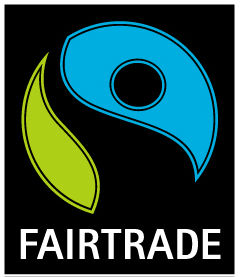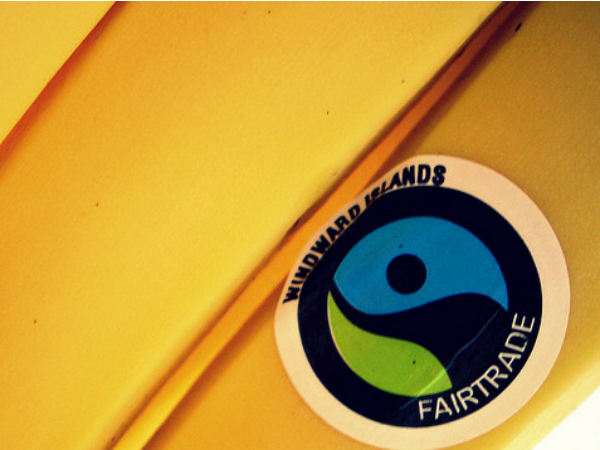The Fair Trade Australia and New Zealand website says, a Fair Trade certified item guarantees fair prices, decent working conditions and local sustainability for producers and workers in the third world. Basically, those who support Fair Trade are trying to rid the world of sweatshops for good.
You’ve probably heard of Fair Trade coffee, it’s an option offered in most cafes now. However, there are many more options when considering buying Fair Trade. These include beauty products, chocolate, quinoa, clothing and even sporting gear.
While you may think these items will be expensive and hard to find, they have instead become quite the opposite.
The Fair Trade Association has put together a guide to point ethically-conscious Australian consumers in the direction, making free trade shopping easier than ever before.
 There are also many places that we walk past in our day-to-day lives that carry these certified goods, which can be easily recognised by the Fair Trade symbol on the package.
There are also many places that we walk past in our day-to-day lives that carry these certified goods, which can be easily recognised by the Fair Trade symbol on the package.
Supermarket giant, Coles, offer Fair Trade coffee as well as Fair Trade teabags. Not only is this extremely accessible, but is is also affordable – with black tea bags priced at a mere $2 per box.
And while you’re at your local supermarket, head down to the confectionery aisle, where everyone’s favourite Cadbury Dairy Milk is now certified Fair Trade.
T2 and QI Tea also have Fair Trade options to make your morning beverage that little bit more refreshing.
Beauty and cosmetic chains Lush and The Body Shop have started to make the switch to Fair Trade too, with each store now offering some shampoos, creams and other products that are certified Fair Trade.
Looking to spice up your wardrobe? Fair Trade store, etiko also offers a wide range of good quality clothing at a reasonable price.
Founder and owner of etiko, Nick Savaidis, last year spoke at the Global Shifts Conference about the importance of Fair Trade to those in developing countries.
Savaidis explained the injustices that children in developing countries were facing, working in sweatshops to make toys that they would never be able to afford.
“A lot of those kids are making clothing that we wear… the decorations that we put up during Christmas and toys that our kids play with,” he says.
“And that we in the developed world, we as consumers, benefit from the exploitation of workers in developing countries, I personally find it staggering that in this day and age things like that still happen.”
Leading sporting brand, Sherrin, were outed last year for having footballs manufactured in sweatshops by children as young as 10-years-old for as little as 12 cents per ball. They have since stopped this unethical practice.
Etiko was the first non-food Fair Trade distributor in Australia and stocks shoes, clothing, underwear and sporting equipment from Jinta – the only Fair Trade sports brand in Australia.
“We are trying to create a street fashion brand which is just as cool and just as good quality [as mainstream brands] and is a reasonable price… but one which is the most eco-ethical alternative to those brands as possible. Same with the Jinta sports brand,” says Savaidis.
Stores like etiko are hopefully paving the way for other stores to consider the horrid conditions people work in to produce their items.
“We’re hoping to encourage other retailers to lift their values,” says Savaidis.
The Oxfam Shop, The Dharma Door, Seven Women, SEW, Loving Earth and Heart of Chocolate now even offer Fair Trade shopping on their websites for those who enjoy the comforts of online retail.
Next time you’re out shopping, it might pay to have a little think. The item that you want to purchase may very well have a Fair Trade alternative that is literally right around the corner.
That way you’re not only experiencing some enjoyable retail therapy, but also supporting an initiative that is helping to give dignity back to hardworking people in developing countries.
 Stephanie Azzopardi is a third-year Bachelor of Journalism student at La Trobe University and a part of the upstart team. Follow her on Twitter: @StephAzzopardi.
Stephanie Azzopardi is a third-year Bachelor of Journalism student at La Trobe University and a part of the upstart team. Follow her on Twitter: @StephAzzopardi.
Feature image: Lilivanili via Flickr.







